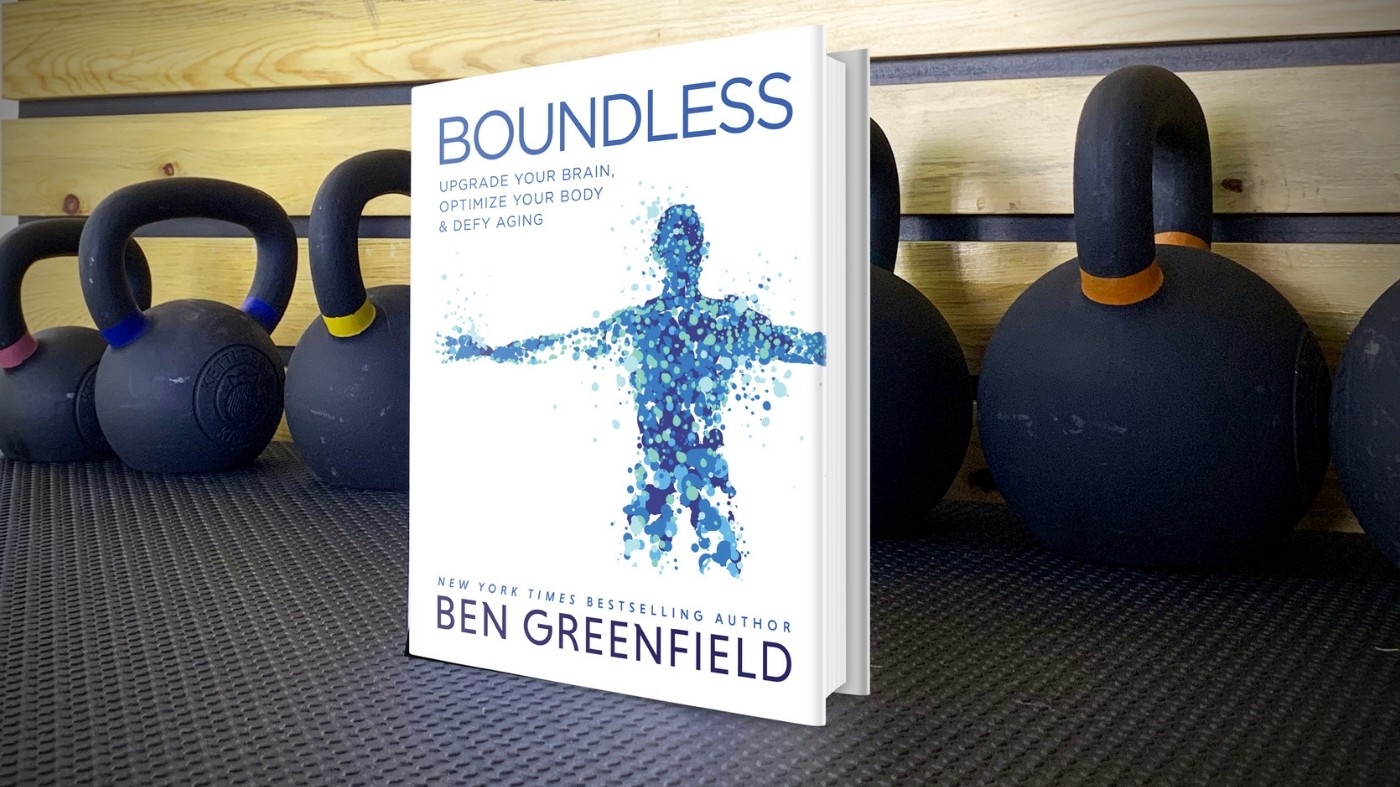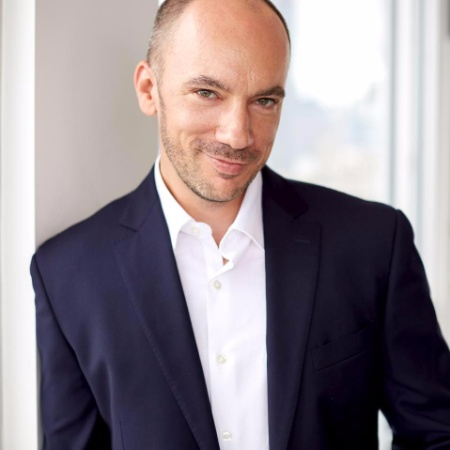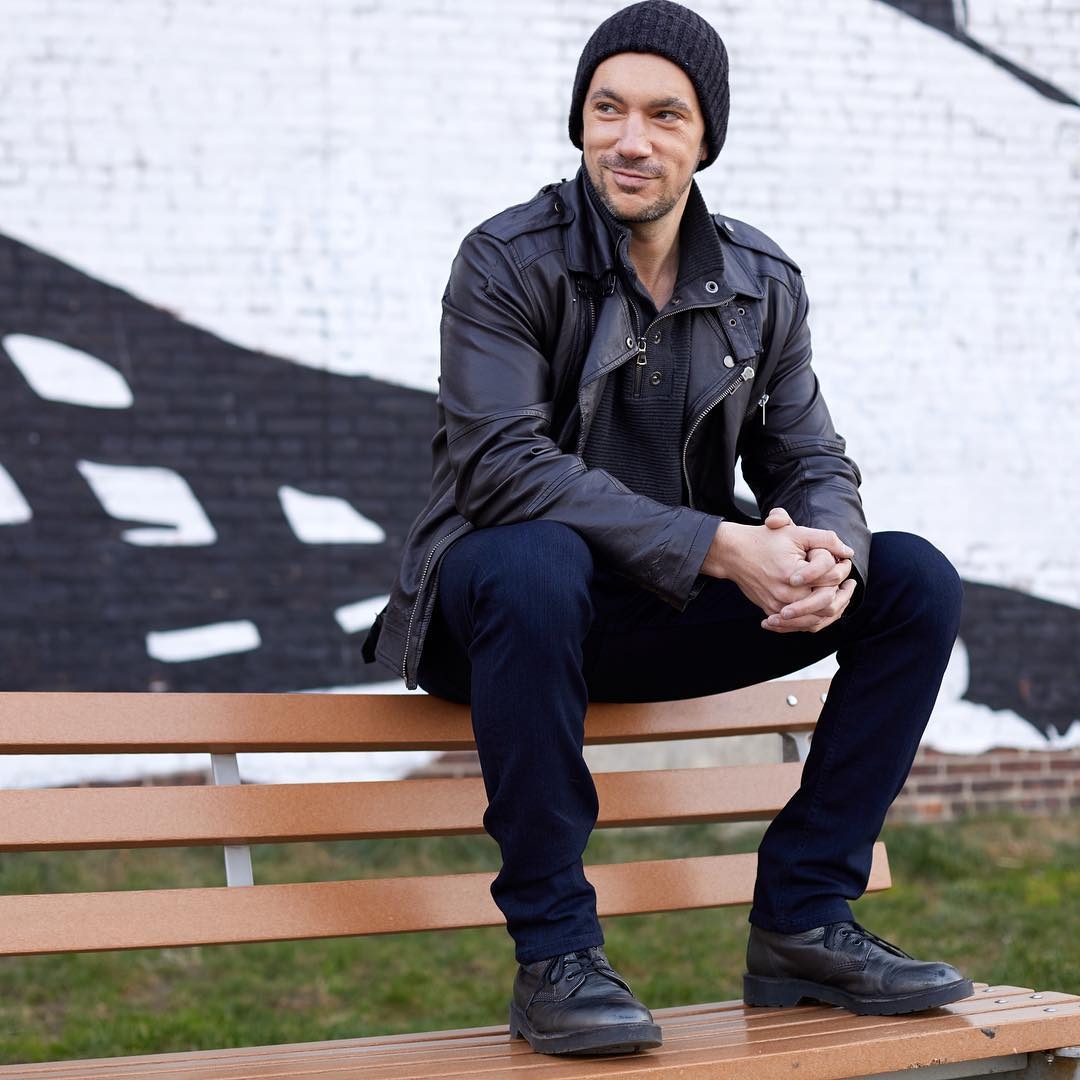Last week I interviewed Ben Greenfield about his recent experience beating a viral infection. Here’s what I learned.
Greenfield is a leading health educator who hosts a popular podcast on fitness, nutrition, and performance optimization. He is author of the new book “Boundless,” a compendium of latest research on health and wellness.
Greenfield told me he contracted the virus on a recent trip to southeast Asia. Just 3 days later he’d made a full recovery.
How did he make such a speedy recovery? Greenfield credits his strong immune system.
We rely on our immune system to recover from any viral infection. Older people who contract the coronavirus are more likely to have severe, life-threatening disease, even if their general health is good. Experts attribute some of the risk to a weakening of the immune system with age.

Greenfield shared 3 essential parts of his immune-boosting protocol:
· Nutrition
· Supplements
· Sleep & Lifestyle
These tips won’t help prevent a coronavirus infection. They will help you become more resilient should you contract any type of infection.
Nutrition
Zinc is essential for a healthy immune system. The micronutrient modulates cell-mediated immunity. It’s found in foods like meat, cheese and seafood and regulates the function of over 300 enzymes.
Greenfield recommends taking zinc lozenges at the first signs of illness. Zinc works by interfering with a virus’s replication, so you have 2–3 days before it’s too late to use zinc. In vitro studies of the coronavirus show that zinc may block replication of the virus in cell culture.
Vitamins A, C, and D are powerful immune boosters. Vitamin A helps make antibodies which neutralize the pathogens that cause infection. Taking 500 mg of vitamin C has been shown to reduce the duration and severity of colds.
Vitamin D supplementation may help protect against acute respiratory tract infections. You can get it from eggs, fish and milk. Or you can go outside — it just takes a few minutes of sun exposure for your body to produce enough vitamin D.
Other common foods touted for their immune-boosting properties are ginger, citrus fruits, turmeric, oregano oil and bone broth. Bone broth contains arginine and glycine, amino acids that are critical for immune function. Make sure you’re using a recipe that’s made with real bones (some packaged brands don’t have the same nutrients).
Take care of your gut microbiome. It’s estimated that three-quarters of your immune system resides in your gut. Supporting healthy gut bacteria is a great way to improve your immune system.
The microbiome really likes fiber and fermented foods: Sauerkraut, kimchi, yogurt, kombucha. Eating a diet rich in fruits, vegetables, nuts, seeds, grains and beans is a good way to ensure healthy immune function.
Supplements
Greenfield credits 3 immune-boosting supplements with helping him beat COVID-19: Quercetin, olive leaf extract and ozone.
Quercetin is a plant pigment (or flavonoid) found in red wine, green tea, and berries. It’s been proven to be successful at treating Ebola and Zika viruses. Researchers from Montreal are awaiting approval to send the drug to China where a clinical trial will test its effectiveness on COVID-19.
Greenfield touts the benefits of herbs like echinacea, olive leaf extract and oil of oregano. These have long been part of traditional Chinese medicine (TCM).
Echinacea use has been shown to reduce the likelihood of getting the common cold. It boosts the immune system by stimulating the production of T cells, macrophages and other natural immune compounds in the blood.
Good sources of these supplements are Gaia Herbs, NOW, and Thorne.
Greenfield credits ozone therapy with speeding his recovery. Ozone therapy is relatively unknown in the US but is used extensively in other countries for infections. Delivered via nebulizer, it may help stimulate the immune system and treat viral infections.
South Korea recently announced that it has successfully treated coronavirus patients using ozone. Clinics in LA like NEXT|HEALTH have begun offering ozone therapy as an immune booster. More research is needed on its role in stimulating immune function, but it may be an effective treatment.
Lifestyle
Exercise: You should engage in low-level physical activity every day. Even if it’s just an easy walk in the sunshine. Movement keeps lymph fluid circulating in your body. It increases your blood flow and mobilizes white blood cells, which your immune system needs to seek and destroy harmful germs in other parts of the body.
Another benefit of exercise is that it reduces stress. Your body does a better job fighting off illness when it’s not under stress. The best ways to manage stress are meditation, controlled breathing or talking to a therapist.
Breathwork: There are specific types of breathing that promote relaxation. A double-nasal inhale, followed by a long exhale repeated 3x is a simple way to balance the ratio of oxygen and carbon dioxide in the lungs and promote calm.
Greenfield also recommends alternate nostril breathing (familiar to kundalini yoga practitioners) as a good way to control stress. This type of breathing activates the parasympathetic nervous system, which promotes rest and relaxation.
Sleep: Your sleep duration and sleep quality has a direct impact on your immune system. One study last year found that lack of sleep impaired the disease-fighting ability of a type of lymphocyte called T cells.
Stick to a regular bedtime and wake-up schedule. Practice good sleep hygiene: Avoid blue light from screens, night-eating and exercise right before bedtime. Greenfield suggests taking a cold shower before bed to improve sleep quality. Hot and cold exposure help stimulate the immune system. Greenfield recommends taking hot/cold showers that alternate hot (10 seconds) and cold (20 seconds).
Greenfield’s book has a detailed 45-page chapter with additional immune boosting information.
Remember: None of these tips are miracle cures. They won’t protect you from the coronavirus. At best, they’ll help your fight it off quickly. We all should stay focused on the most important health recommendations: Social distancing. Practicing good hygiene.
I wish you all health and happiness!
[Important note: I am not a doctor. None of this is to be misconstrued as medical advice. These tips should be thought of as preventive.]


